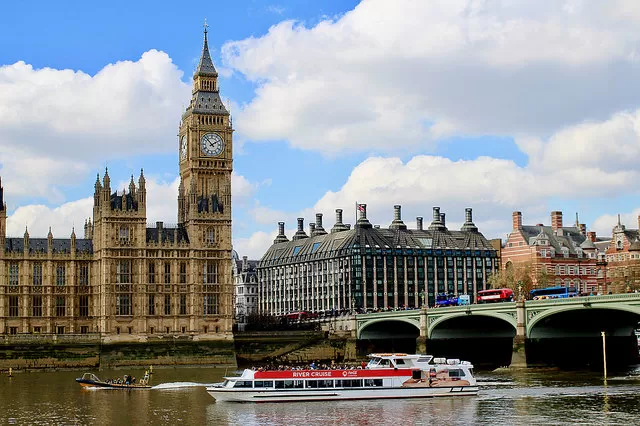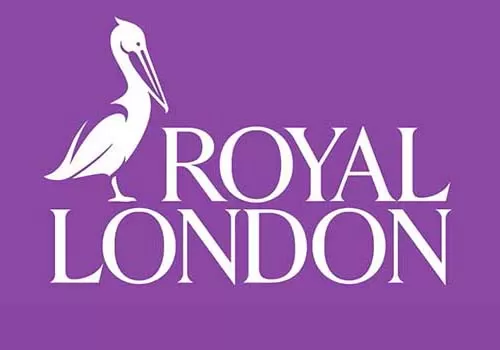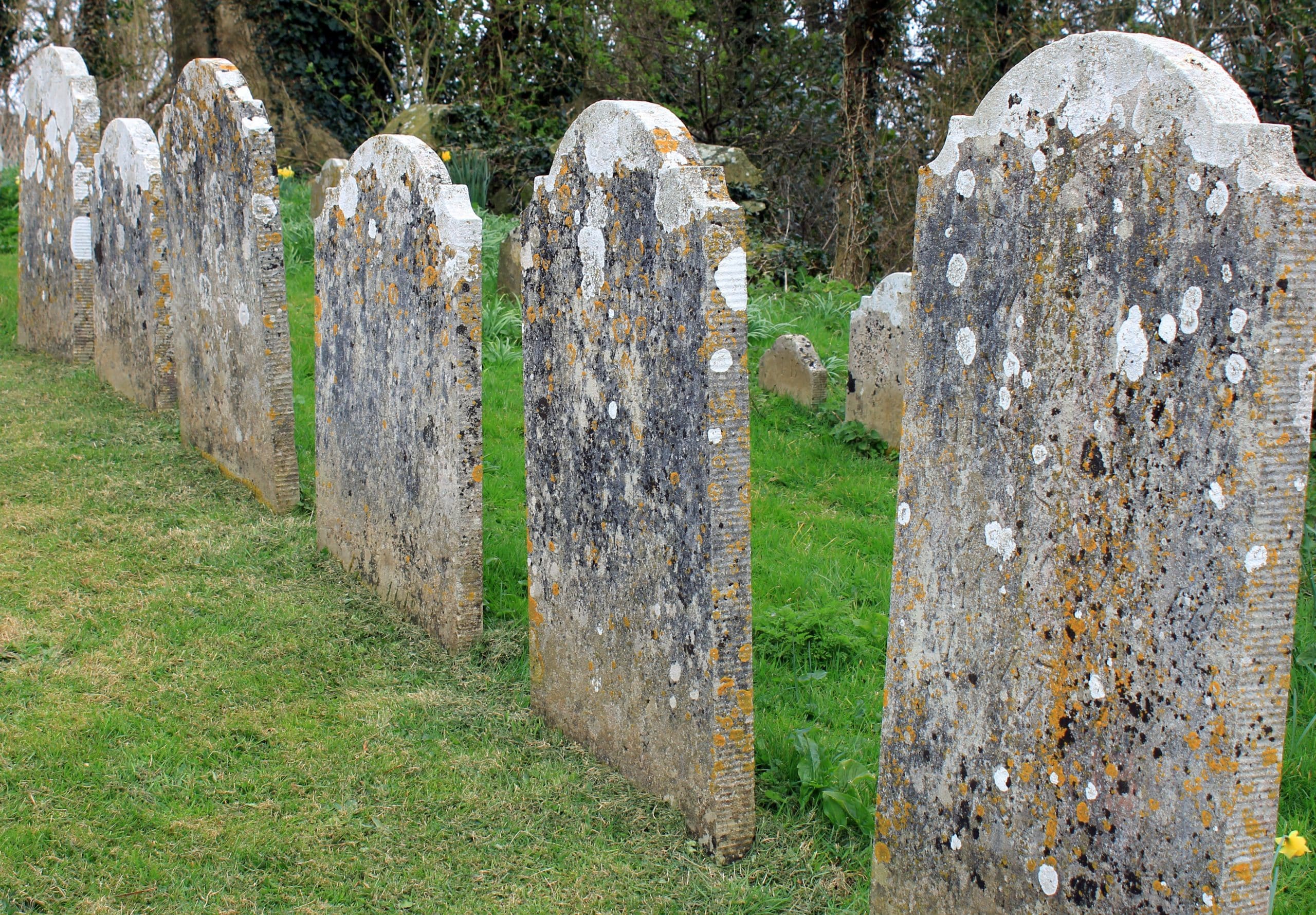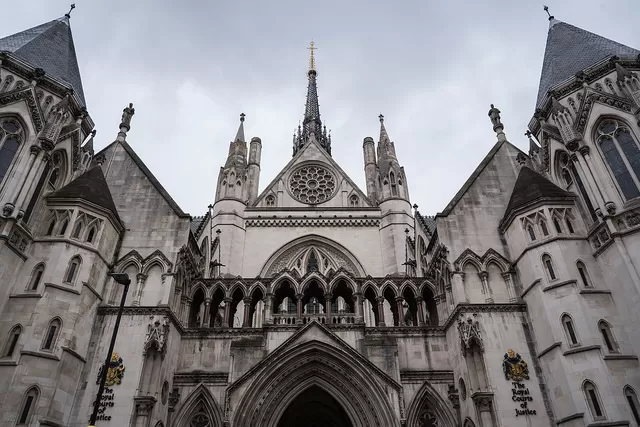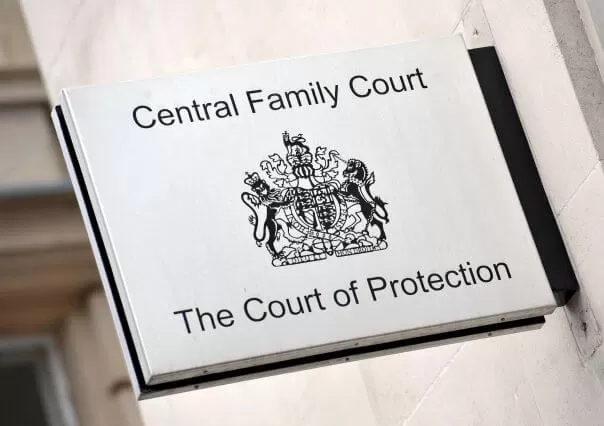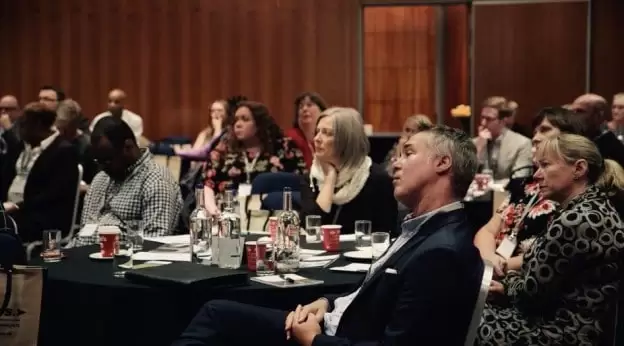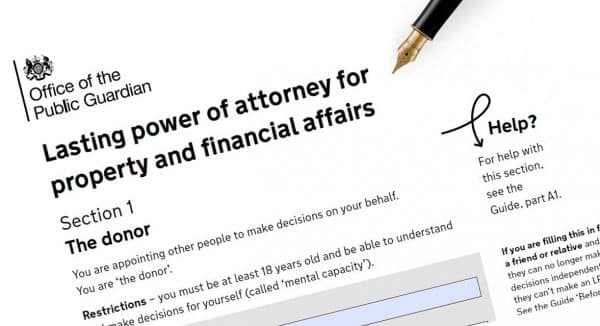Providing evidence to Court
Community care have published a handy article for Social Care professionals required to produce a witness statement to the Court of Protection
As the article states it is one of the primary pieces of evidence that needs to be submitted to the Court.
A good witness statement (COP24) can help the Court better understand the decision they are being asked to make and can smooth the process.
The advice is available on the Community Care Website
DWP come under fire over Universal Credit
The National Audit Office has heavily criticised the Department for Works and Pensions over the design and implementation of Universal Credit.
According to the report approximately a quarter of all claims are paid late causing problems for claimants.
The NAO has described the DWP as "unresponsive to issues they have raised"
Read more on LocalGov and on the National Audit Office's website here
FOI reveals increase in LPA investigations
Royal London calls for more education on power of attorney as new FOI reveals soaring investigations.
More education is needed on what people can and cannot do under a power of attorney as figures from the Office of the Public Guardian (OPG) show a 45% increase in the number of investigations.
According to an FOI request by Royal London there were 1729 investigations into the actions of attorneys and deputies in the 2017/2018 tax year – a sharp increase from 1199 for the 2016/17 tax year.
Power of attorneys allow people to appoint someone to make decisions on their behalf should a time come when they lack the mental capacity to do so themselves. If the person has already lost mental capacity then the Court of Protection can appoint a deputy to make decisions on that person’s behalf.
There are currently two different types of power of attorney - one covering property and financial affairs and another covering health and welfare decisions. They have proven popular with more than 2.3m registered with the Office of the Public Guardian by April 2017. These were split into almost 1.6m covering property and financial affairs and a further 732,000 relating to health and wellbeing.
Commenting on the figures Helen Morrissey, personal finance specialist at Royal London said: “When done properly the attorney fulfils a vital role in safeguarding the interests of the person they are acting for. However, the sheer number of investigations into the actions of attorneys is concerning and action needs to be taken to curb poor practice. While there have been instances where people appointed as attorneys have used their position to steal money from the person they are acting for, there are also instances where the attorney has unwittingly stepped beyond the boundaries of their responsibilities or have neglected to keep up to date records explaining what they have done and why. People taking on these responsibilities need clearer guidance on what they can and cannot do.”
The number of investigations into the actions of deputies is relatively small accounting for 69 investigations in 2016/17 and 82 for 2017/18. This is due to the fact there are more safeguards under the deputyship regime. This includes the requirement to file annual returns detailing what decisions have been made on an individual’s behalf and why.
Royal London has launched a Good With Your Money guide on the key issues to be considered when acting as an attorney or deputy. These include:
- Making sure you are prepared to carry out the wishes of the person you have agreed to be an attorney for. For instance you may not agree with their views on their medical treatment and find it difficult to carry out their wishes at the appropriate time.
- The importance of keeping clear records of the decisions you have taken on behalf of someone else and the rationale behind them.
- What an attorney can and cannot do when it comes to gifting money to other parties.
Royal London Website - Good with your Money
Rise in Public Health Funerals in Wales
Recent news pointed to the stark rise in the numbers of public health funerals in Wales.
An ITV story at the end of May stated there’d been a 55 percent rise. Sometimes called ‘pauper’s funerals, a public health funeral takes place when there is no money in the deceased person’s estate to pay for the funeral or they have no relatives to cover the costs. Local councils or health boards pick up the tab instead.
The Royal London National Funeral Cost Index reports the average price of a funeral in Wales is £3,535. The ITV story also reports that crowdfunding funerals is also becoming more commonplace when families and friends are forced to go online to ask people to help with costs.
ITV News focused on Helen Hughes from Cardiff. When Helen lost her husband to a heart attack in December last year, he had no life insurance. Helen chose the cheapest funeral she could, but it still left her in debt.
She created an online crowdfunding page where she received financial help from family members and also received a lump sum from the UK Government’s Funeral Payment scheme, but she still hasn’t paid off the balance.
Helen told ITV News struggling with the costs of the funeral had made “things snowball”, worsening her depression.
The campaign group Fair Funerals says funeral prices have risen way above inflation since the Government’s funeral payment scheme was set up in the 1980s and that it covered less than 40 percent of the cost of a basic funeral.
The group has called on the Chancellor Philip Hammond to #BurytheDebt for grieving families by raising the state’s funeral fund.
A UK Government spokesperson said they understood funerals were difficult for people and that the payments provided an important contribution towards the costs, with the average award at over £1,400.
Danny Curran, Finders International’s founder and managing director said: “Helen’s story—and the numbers of public health funerals needed in Wales—is all too common. Increasing numbers of people struggle to pay for funerals and the costs fall to local authorities, which are already coping with reduced funding, and cuts to health and social care.
“We established our funeral fund for public bodies to help this in this area. We also offer a service where we will trace next of kin free of charge for councils and health boards when someone dies in their care and seemingly has no relatives.”
Local Authorities and the NHS carry out Public Health Act Funerals under the Public Health (Control of Diseases) Act 1984 as a Statutory duty. Resources and help are available on our sister website - Public Health Funerals
Mediation an the Court of Protection
In an article published on the 1st June on the Localgov website, Barrister Emma Sutton argues that Mediation should play a greater role in the Court of Protection process. She argues that "There must be a better way to resolving disputes involving the most vulnerable of our society".
In fact a recent announcement by the OPG stated their intention to implement a Mediation pilot "to test a new way to safeguard adults at risk by resolving conflict and disputes affecting their welfare pre-issue".
You can read the full article on the Localgov website here:
Mediation in the Court of Protection
New President for Court of Protection
Sir Andrew McFarlane has been appointed as the new President of the Court of Protection, with the appointment approved by Her Majesty the Queen.
Byfleet carer guided pen of dying grandmother to sign over £22,000, court hears
(Original story published on 16/05/18 on GetSurrey website - Original story)
A Byfleet carer guided the pen of a dying grandmother to get her to sign her over nearly all of the money in her bank account, a court has heard.
Rosie Stonard had returned from a holiday to her home in the Philippines when she helped seriously ill Marjorie Tomlinson write out a cheque to her worth £22,000 - leaving her with just over £1,000 in the bank.
The jury was told that the deathbed cheque - dated May 10, 2014 - was made when Walton resident Mrs Tomlinson was given just days to live after it was discovered she had cirrhosis of the liver when she was also treated at hospital for a broken wrist on her dominant hand.
Stonard was already written in Mrs Tomlinson’s will to be left £5,000, a further £10,000 in cash that was in a safe at her flat, and a Royal Crown Derby tea set.
She appeared in the dock at Guildford Crown Court on Monday (May 14) wearing a beige jacket, red top, and a blue scarf, as prosecutor Simon Shannon told a jury that Stonard felt she was entitled to the money as she had worked for Mrs Tomlinson for so long.
“Mrs Tomlinson was very very ill indeed and it was feared she may pass away at any moment,” he said.
“The prosecution case is that Rosie Stonard knew how much money was in Mrs Tomlinson’s account, a little over £23,000 at the time, and it is no coincidence the cheque was made out for £22,000. She wanted what she could get before Mrs Tomlinson passed away.”
The 50-year-old first began working as a cleaner for Mrs Tomlinson and her husband in 1998, but quickly became their carer when he suffered a stroke in 2000.
The trial is being held at Guildford Crown Court (Image: Steve Porter)
The jury of five men and seven women heard Mrs Tomlinson relied on Stonard a great deal following her husband’s death in 2012 and had previously lent the carer £20,000 to pay for an extension on her home.
“There is no doubt the two were close, and no doubt from time to time Mrs Tomlinson was generous to Rosie Stonard,” said Mr Shannon.
“It was agreed if the £20,000 was not repaid by the time Mrs Tomlinson died that money would be written off as well.”
Mrs Tomlinson’s suspicious granddaughter, Victoria Eugene, discovered the cheque when she became concerned about the state of her grandmother’s finances, the court heard.
A month before Mrs Tomlinson's died at the age of 87, Ms Eugene confronted the carer at her grandmother’s flat in October 2014, where Stonard told her that Mrs Tomlinson had insisted she give it to her and had written it out to her with a close family friend - a retired bank manager - present.
But Ms Eugene was unsatisfied with the carer’s explanation and reported her to the police, where Stonard told officers she had written out the cheque, but Mrs Tomlinson had signed it herself, the court heard.
However, the jury was told that a handwriting expert analysed the cheque and found it had not been signed by the pensioner at all.
“Rosie Stonard’s case now in fact is it wasn’t Marjorie Tomlinson that signed the cheque, not at least all by herself, and she had to assist by putting the pen in her hand and guiding her hand as she signed it because she acknowledged Mrs Tomlinson was very frail at the time,” said Mr Shannon.
Stonard, of Spence Avenue, denies one count of fraud.
Help for under-pressure local authority deputyship teams
(Originally published on 12/01/18 on localgov.co.uk)
The UK’s current demographic is providing near perfect conditions for a hot bed of financial abuse among vulnerable adults. There are currently 850,000 people in the UK living with dementia. In the next decade this could increase to over one million, and by 2051 to two million. Nearly 300,000 people are diagnosed with cancer every year - a significant number of whom will be unable to manage their finances at some point during their illness.
These frightening statistics do not marry up with the latest figures from the Office of the Public Guardian that showed only 626,165 lasting power of attorneys (LPO) were registered in 2016/2017.
Melanie Christodoulou, solicitor at FurleyPage, advises that this has resulted in an all time record number of people being subject to deputyship orders - orders issued by the Court of Protection appointing a deputy decision maker to manage the property and financial affairs of a person deemed not to have the capacity to do it themselves. This is where no LPA is in force and often no next of kin.
Figures for 2012/13 showed 45,804 deputyship orders. In 2016/17 that number has risen by 27% to 58,205 (source: Office of Public Guardian), with roughly one third of these supervised by deputyship teams within local authorities in England and Wales.
The process is often complicated and requires local authorities, their deputyship teams and internal solicitors to progress lengthy applications, supported by key evidence, and then step in to manage all the financial affairs in that person’s best interest. Local authorities often act as a last resort where there is no one else willing or able to take control of an individual’s affairs.
Not surprisingly local authorities report that costs to manage all of this escalate and current arrangements of fixed fees simply don’t cover the expenditure required to deliver the service. Fixed fees for professional deputies (both solicitors and local authorities) were raised in 2017 following many years of stagnation, even so the levels often do not reflect the amount of work undertaken in many cases.
This deputyship provision is very much needed, and as latest figures show demand is increasing at an unprecedented rate. Sadly the fees just do not cover the work undertaken in some cases.
As local authorities struggle with budget cuts, Paul Cruickshanks, Court of Protection Costs manager at bSquared Costs Law, recommends applying to the Court of Protection to have your costs assessed by the Senior Courts Cost Office (SCCO).
He says: ‘The subject of applying to the SCCO for costs to be assessed and maximising their return is a recurring topic for many deputyship teams. Rule 156 states that when P’s property and affairs are being dealt with, the costs are usually payable from P’s estate. I would always recommend requesting an option to have your costs assessed. The way in which costs are to be assessed can be more straightforward than one might expect, but authority from the Court of Protection is required. You still maintain the option of taking fixed costs.’
Mr Cruickshanks suggests the benefits of such an approach are twofold:
(1) In having your costs assessed, you are able to ensure that you are fairly remunerated for the important work you are undertaking.
(2) The SCCO has a duty to ensure that only costs reasonably incurred and proportionate in amount are payable by the protected party. By having your costs assessed, you can be sure that your client only pays what is fair and reasonable.
The role of deputyships, both independent and within local authorities, is vital to ensure vulnerable adults are not subjected to further financial abuse. Securing access to adequate funds to allow deputyship teams to provide this in-demand service is a direct reflection on how society looks after its most vulnerable.
David Lockwood is a former council corporate deputy and appointee, and now works for Finders International
Blue Badge changes - An update
Our friends at Ramsdens Solicitors report on Blue Badges and proposals to issue them to people with hidden disabilities.
https://www.ramsdens.co.uk/blog/blue-badges-hidden-disabilities
Panel Deputies - List updated
The Office of the Public Guardian has updated the list of Panel Deputies on their website.
The content is restricted to logged in users only. Please LOGIN or REGISTER to gain access.

